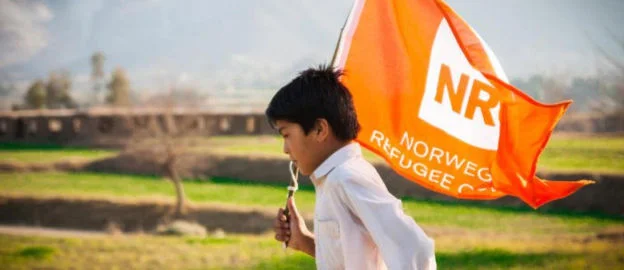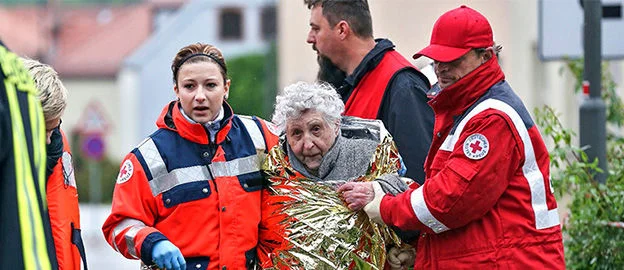Supporting lifesaving initiatives for LGBTQ+ youth
The Trevor Project is the leading provider of suicide prevention and crisis intervention services for lesbian, gay, bisexual, transgender, queer, and questioning (LGBTQ+) youth in the United States. Founded in 1998 by the creators of the Academy Award®-winning short film “Trevor,” a story about an LGBTQ+ teen who attempts suicide, the nonprofit aims to give young people who feel like Trevor a lifeline.
As an organization that supports a 100% remote workforce and a team of more than 700 employees and volunteers, The Trevor Project relies on over 100 SaaS products to empower users with the tools they need to support the nonprofit’s mission of saving young LGBTQ+ lives. However, this distributed network of employees and volunteers created challenges in accessing essential platforms. Without a centralized Identity and Access Management (IAM) framework, The Trevor Project had to do a lot of heavy lifting to manually provision and deprovision access, which took time away from serving the needs of LGBTQ+ youth.
Securing staff and volunteer access with Okta
Looking to upgrade its outdated and siloed IAM framework, The Trevor Project began evaluating single sign-on solutions with a focus on reliability, security, passwordless capabilities, and user experience. Since the nonprofit operates 24/7 from all over the country, volunteers and staff need to be able to access applications at all times from anywhere, with best-in-class security, to support the people who use the organization’s services. Okta stood out for its ability to support The Trevor Project’s essential services and a vulnerable LGBTQ+ population with secure, user-friendly solutions.
Centralizing and automating IAM workflows to save $300,000 a year
The Trevor Project implemented Okta Workforce Identity to streamline IAM workflows, enhance security, and improve the employee and volunteer experience. By enabling clear access controls and quick provisioning, Okta WIC has helped the nonprofit accelerate the onboarding process, ensuring timely access to critical resources from day one. To further improve efficiency and operational costs, The Trevor Project used Okta Workflows to build its internal automation platform, Jazz Shrimp, a custom Slack application that integrates multiple APIs, including Jamf, Kandji, Okta, Slack, Zoom, Lastpass, Genesys Cloud, and many more. By automating millions of individual actions across various workflows throughout the organization, this platform has saved The Trevor Project over $300,000 annually.
Meanwhile, Okta WIC's robust security features, including Multi-Factor Authentication and Device Trust, safeguard sensitive data, mitigate risk, and protect against unauthorized access. With Okta WIC as its centralized IAM platform, volunteers can access a suite of applications with Single Sign-On, while IT has a single source of truth for employee and user information with advanced logging and monitoring capabilities. The nonprofit also uses Okta Customer Identity and Anything-as-a-Source to further simplify volunteer onboarding. Potential volunteers simply fill out a form to create a record in Salesforce, and Anything-as-a-Source automatically transforms this record into an Okta Customer Account. This grants the volunteer access to necessary internal resources, ensuring they quickly have everything they need to support The Trevor Project’s community.
About The Trevor Project
The Trevor Project is on a mission to end suicide among lesbian, gay, bisexual, transgender, queer, and questioning young people. The nonprofit envisions a world where all LGBTQ+ young people see a bright future for themselves.






